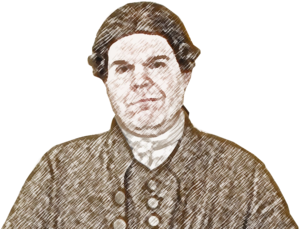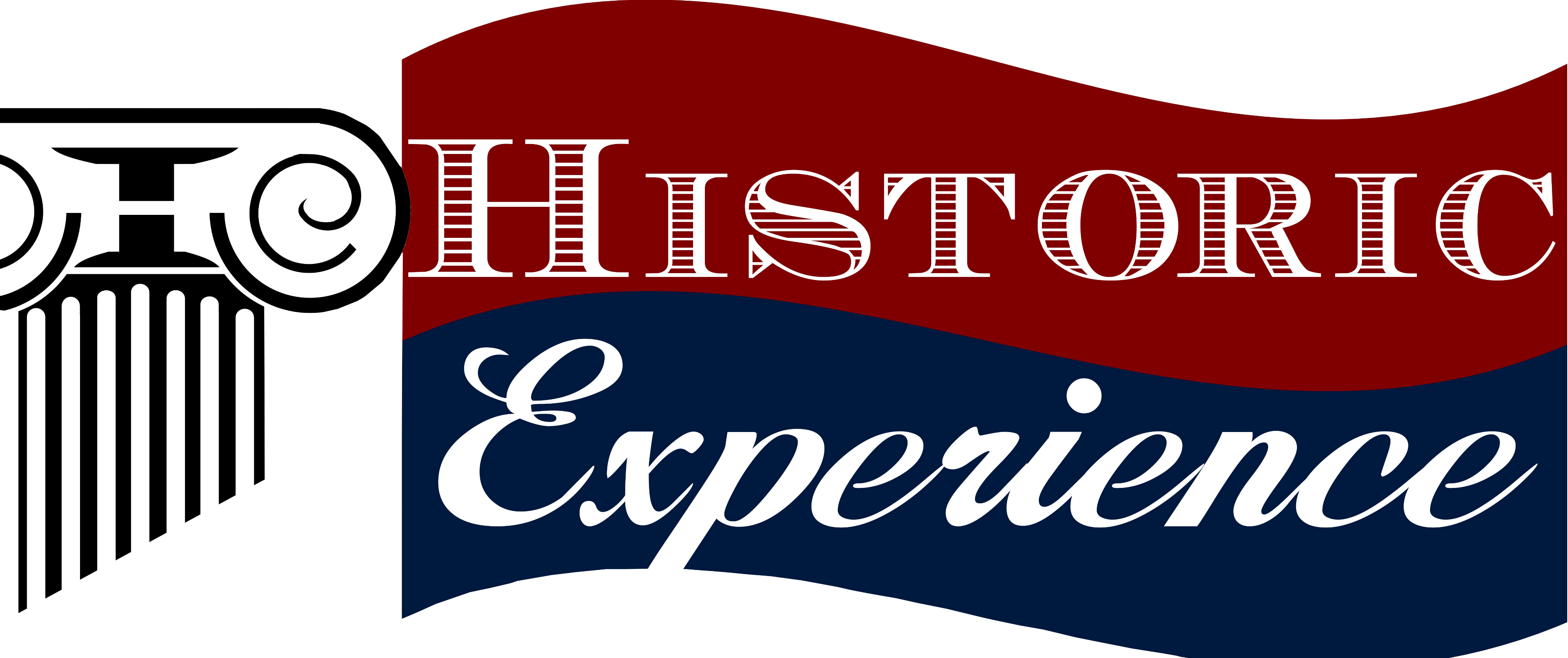August 14 - John Adams Vs. the Stamp Act

"1765 was the Epocha of the Stamp Act." (Diary)
Have you ever gone to a bad dinner - and then gotten stuck paying the bill?
Such was the Stamp Act: America is presented with a bill for a war that they didn't ask for, and one that was worse than it was originally expected to be. (After all, they didn't call it the "Seven Years War" until after it had lasted seven years - calling it that at the beginning would have been terrible marketing.)
When word of the impending Stamp Act reached America, so began the protests. And they formed into two very different approaches in August. John Adams takes up the narrative.
A bit more on the Stamp Act: In order to pay down debt accumulated by Mother England during the Seven Years War against the French (a.k.a. the French and Indian War), an act was passed by Parliament that required that all materials printed in the colonies be printed on paper embossed with an official revenue stamp. These printed materials included magazines, newsletters, legal documents and newspapers.
This was the second tax (after the Sugar Act) intended to offset war debt. And the war was not one that the American colonies necessarily wanted. There was some French incursion onto British American territory, but the colonies felt scarcely affected by it. As Benjamin Franklin testified to the House of Commons in 1766:
"They were before in perfect peace with both French and Indians; the troops were not therefore sent for their defence. The trade with the Indians, though carried on in America, is not an American interest. The people of America are chiefly farmers and planters; scarce any thing that they raise or produce is an article of commerce with the Indians. The Indian trade is a British interest; it is carried on with British manufactures, for the profit of British merchants and manufacturers; therefore the war, as it commenced for the defence of territories of the Crown, the property of no American, and for the defence of a trade purely British, was really a British war—and yet the people of America made no scruple of contributing their utmost towards carrying it on, and bringing it to a happy conclusion."
But American colonists made "plenty of scruple" when it came to the enforcement of taxes to pay for the war. When the Sugar Act (a tax on foreign molasses) was enforced, colonists smuggled foreign molasses in anyway. When the Stamp Act was learned of (planned to take effect November 1), protests rang out along the colonies - most prominently, as usual, in Boston.
The two August protests that Adams mentions in his diary (see video above), while distinctly different, both decried the same issues. The taxation was too much for this continent's populace, yes, but just as important, it showed that supposed subjects of England were being taxed without proper representation. Adams agreed with his Boston brethren: "the Stamp Act was null because unconstitutional. This Principle was so congenial to my Judgment that I would have staked my Life on the question" (Diary). It was a pocketbook and a principle issue.
Adams was never an admirer of violence, though he appreciated the protests in and of themselves. Still, he was rather pleased with himself, that his legal approach got results first.

John Adams
Diary
We laboured so successfully with our Brothers that We brought them all to agree in an Application to the Court to proceed without Stamps, in which We succeeded.
